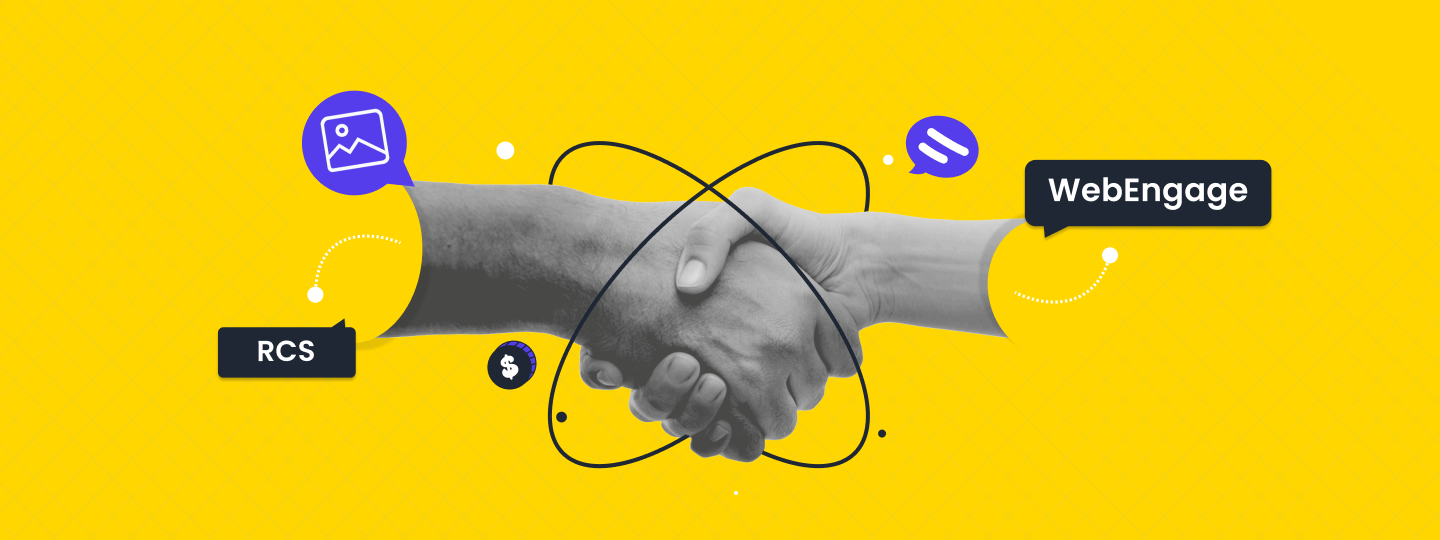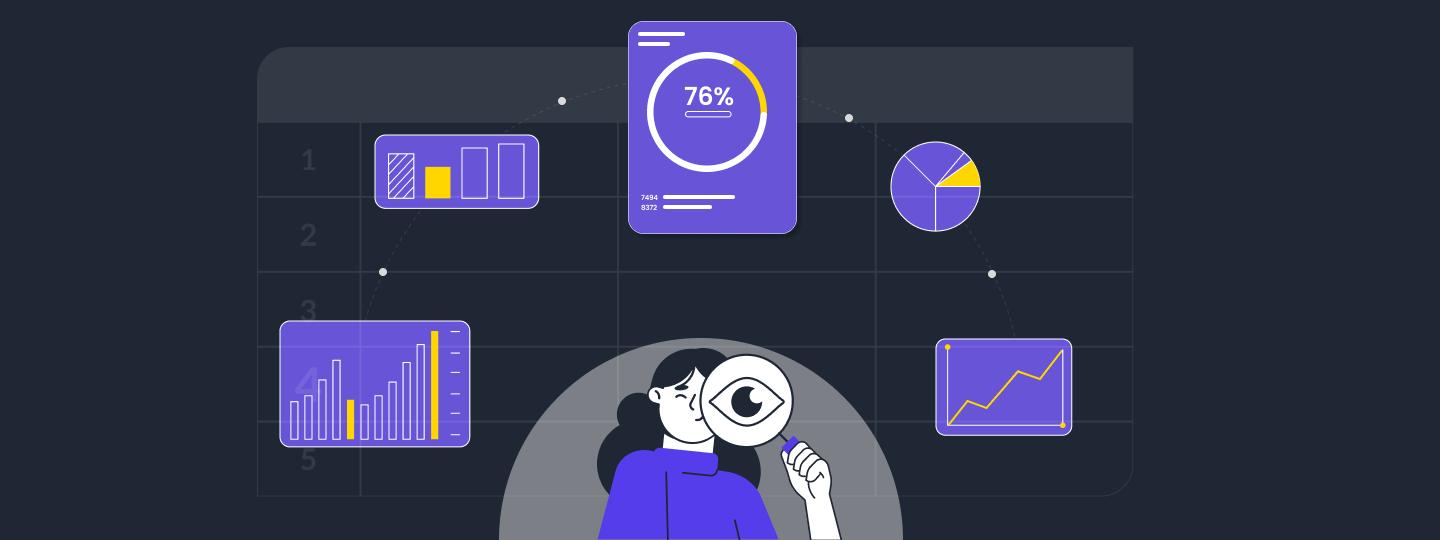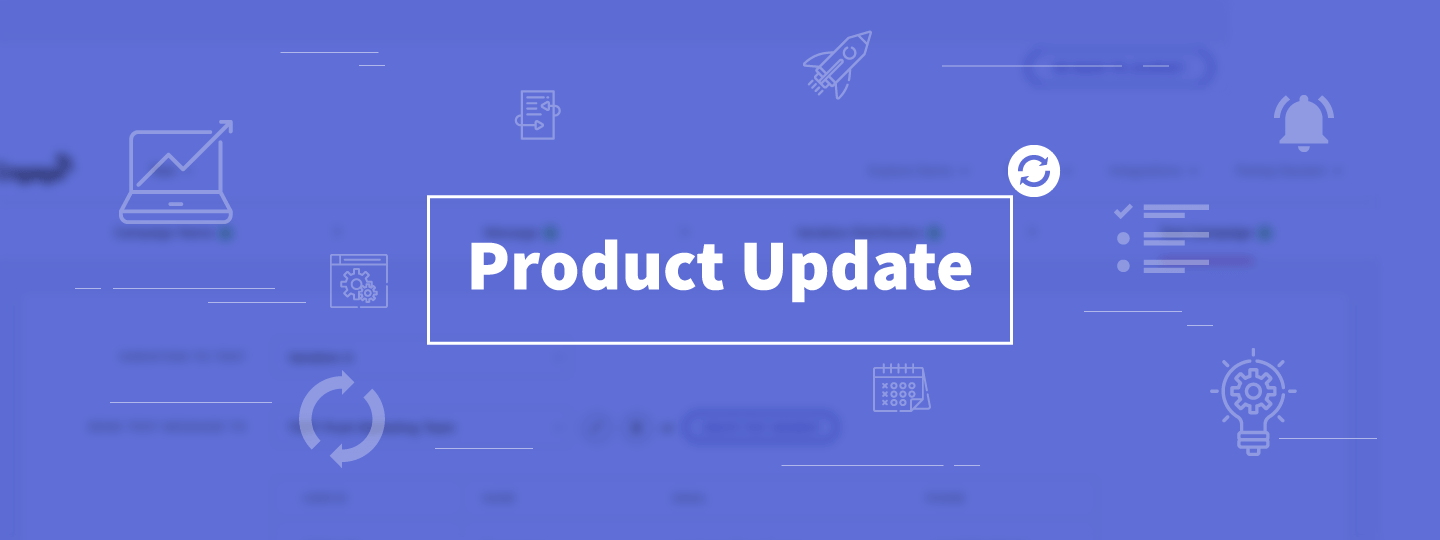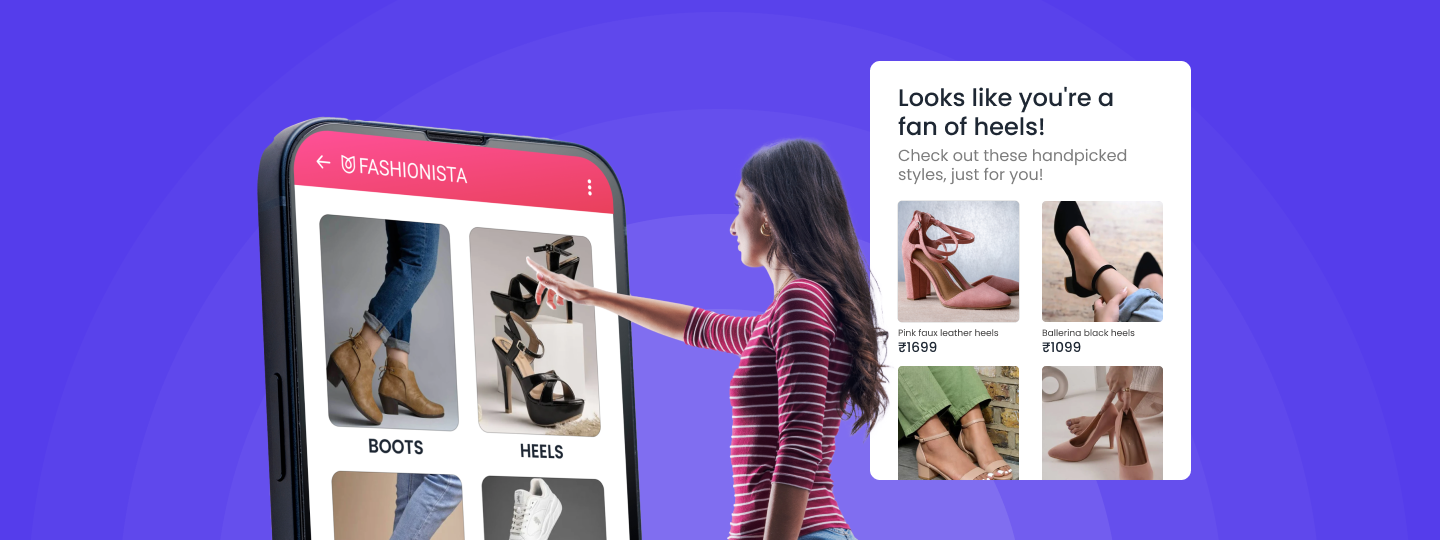Apple has recently released iOS 14.5 and has rolled out a significant user privacy update where businesses will no longer have access to the user’s Identifier for Advertiser (IDFA) by default. This means that starting with iOS 14.5, iPadOS 14.5, and tvOS 14.5, businesses will require the user’s permission, via a prompt, to track their IDFA, thereby giving access to their device’s IDFA across different apps and websites.
What is IDFA?
IDFA (Identifier for Advertisers) is a unique device identifier provided by Apple that remains the same for each user across multiple apps that they are using. This is used to track users’ activities across different apps and websites, and the behavioral data is used for delivering customized advertising.
What’s changing?
With the release of iOS 14.5, apps (and consequently partners like WebEngage) will no longer get IDFA by default. Apps can access the IDFA only if the user explicitly opts-in for tracking to be allowed. If a user denies permission, the app will be unable to access the IDFA.
Apps that want to track users and their device data need to explicitly ask users for their permission using the standardized prompt created by Apple.
This is how the prompt looks like:
Apple allows developers control over when they want to show the prompt to their users – giving apps a chance to make their best case forward to users about when they should allow tracking. The prompt will be only visible to the users once and after they’ve upgraded their software to iOS 14.5. WebEngage shall automatically start tracking the user details once the user has granted permission to do so.
Having said that, it is also true that users had a choice of opting out of the IDFA-tracking even before this release from the ‘Settings’ section of the phone.
How does this update affect the way you use WebEngage?
The update does not directly impact WebEngage since we don’t rely on IDFA for our core functionalities. However, here are the two anticipated minor impact areas:
- If you export segments from WebEngage to Google/Facebook, it is likely that Google/Facebook would no longer match anonymous iOS users of these segments on their ad networks.
- If you are using a third-party install attribution partner like AppsFlyer, Branch, etc., these partners would no longer be able to pass the granular data from paid ads (like the campaign source/name) for your iOS users to WebEngage. Here’s one blog post from Branch for your better understanding of the impact.
- Instead of relying on IDFA to fetch the user details, the WebEngage SDK would now fall back to using IDFV (if the user has not granted the tracking permission), provided by Apple to uniquely identify a device to the app’s vendor.
Note: The above impact areas are not under our control, and hence it is beyond our ability to control its impact.
Apple released iOS 14.5 on the 26th of April. As the usual practice, we shall continue keeping track of all updates related to this with our partners and other sources to keep you posted and assist you in the best way through this change.







 Ananya Nigam
Ananya Nigam

 Harshita Lal
Harshita Lal

